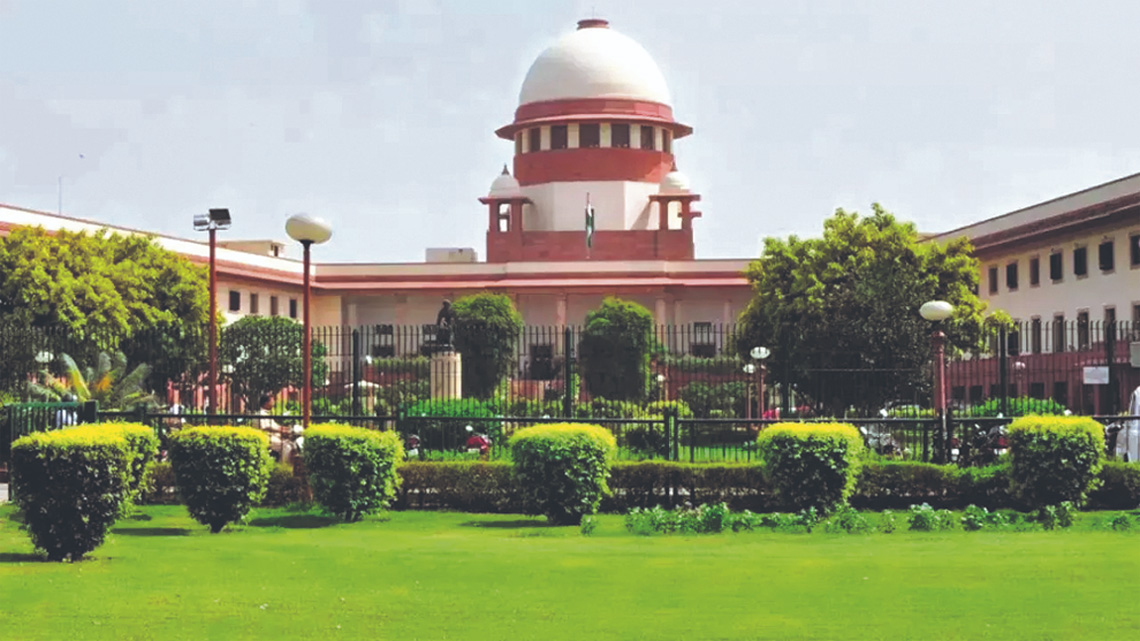Supreme Court Clarifies Eligibility for District Judge Appointments: Judicial Officers Can Compete Under Bar Quota
Case Title: Rejanish K.V. vs. K. Deepa & Others
Citation: 2025 INSC 1208
Case Number: Civil Appeal No. 3947 of 2020
Bench: Hon'ble Chief Justice B.R. Gavai (CJI), Justice M. M.
Sundresh, Justice Aravind Kumar, Justice Satish Chandra Sharma,
Justice K. Vinod Chandran (Constitution Bench)
Date of Judgment: October 9, 2025

In a landmark ruling with far-reaching implications for judicial
appointments, the Supreme Court of India has held that judicial
officers with seven years' experience-either as advocates, civil
judges, or in combination-are eligible to apply for direct
recruitment as District Judges under Article 233 of the
Constitution.
Delivering the judgment for a Constitution Bench, Chief Justice B.R.
Gavai clarified that Article 233(2) must be interpreted harmoniously
to preserve the intent of the framers. The Court overturned the
restrictive view taken in Dheeraj Mor v. High Court of Delhi (2020),
which had excluded serving judicial officers from competing under
the Bar quota.
Background of the Case
The issue stemmed from conflicting interpretations of Article
233(2) of the Constitution, which governs the appointment of
District Judges. The key question before the Bench was whether
in-service judicial officers who had previously practiced as
advocates for seven years or more could be considered for direct
recruitment to the post of District Judge, traditionally reserved
for members of the Bar.
Multiple petitions-including Rejanish K.V. v. K. Deepa & Ors., W.P.
(C) No. 759 of 2017, and several review petitions-were clubbed
together to resolve this constitutional question.
The Court's Observations
The Court noted that the phrase "a person not already in the
service of the Union or of the State" in Article 233(2) should not
be interpreted to exclude judicial officers entirely from
consideration. Instead, it must be read as providing two independent
sources of recruitment-from the Bar and from the judicial service.
The Judges observed:
"To bar an otherwise eligible judicial officer from competing for
direct recruitment would amount to denying equal treatment under
Articles 14 and 16 of the Constitution. When merit is the only
criterion, experience in judicial service cannot be treated as a
disqualification."
The Bench emphasized that constitutional interpretation cannot be
pedantic and must align with the evolving needs of the judicial
system, particularly given the experience and suitability of career
judges.
This decision reconciles decades of judicial uncertainty and opens
the doors for experienced Civil Judges to aspire for District Judge
positions through direct recruitment. The ruling is expected to
strengthen the talent pool within the higher judiciary and ensure a
more merit-based selection process.
Legal experts hailed the judgment as a progressive and pragmatic
interpretation of constitutional provisions governing judicial
appointments.
Download the Judgment : Rejanish K.V. vs. K. Deepa & Others